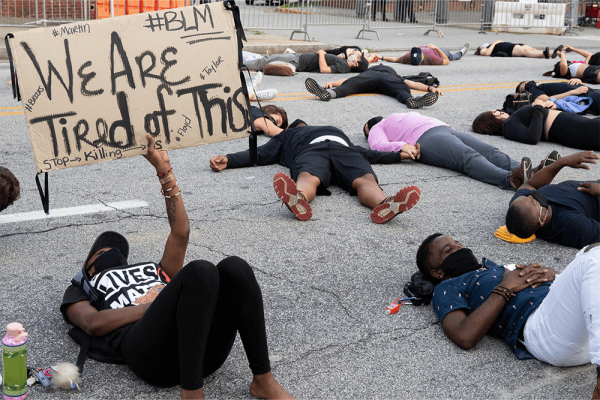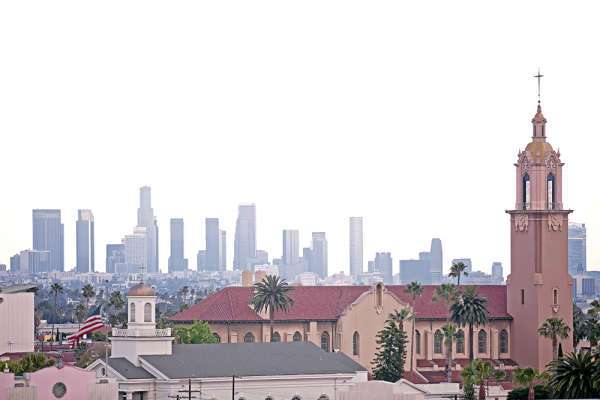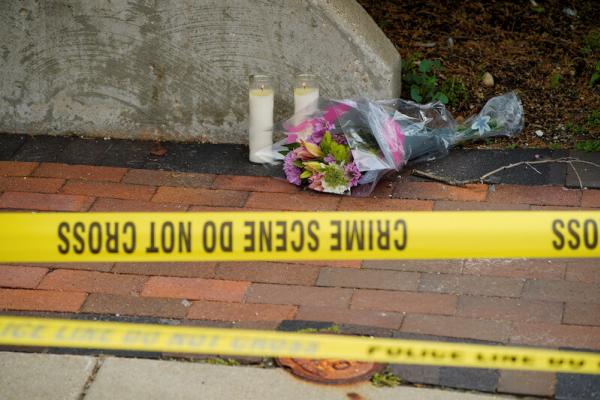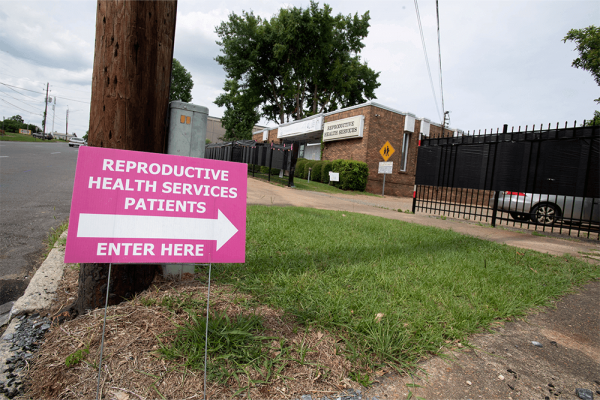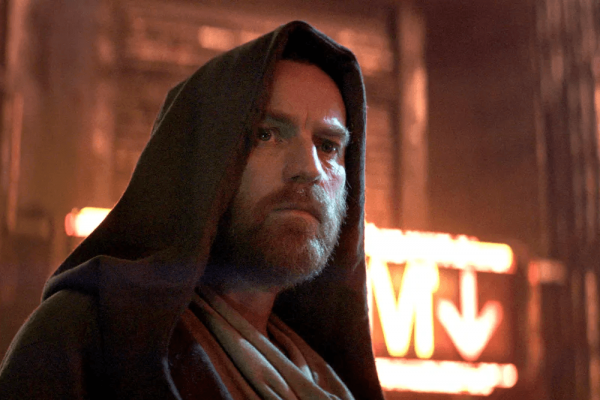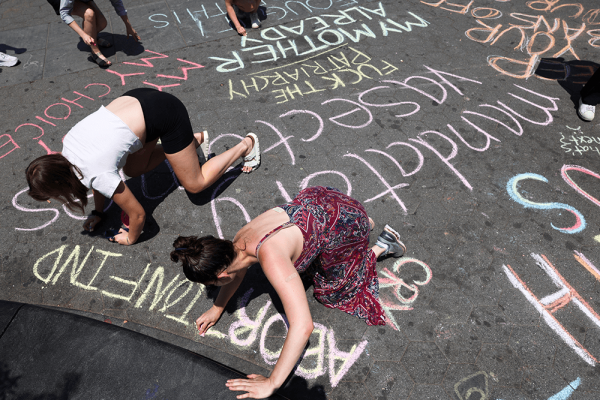I know I’m not alone in feeling exhausted. In 2018, More In Common — a nonprofit that researches what’s driving political polarization — found that two-thirds of Americans share a series of characteristics that make them a part of what they call the “exhausted majority.” This group of people is “fed up with the polarization plaguing American government and society,” feels forgotten in the public discourse, and often has flexible views that don’t fit consistently in the Left/Right binary. Yet, they believe we can still find common ground. Sound familiar?
Above all else, Luhrmann displays Elvis as a man-turned-god who was exhausted trying to make peace with his paradoxes.
State Sen. Scott Wiener (D-San Francisco)’s bill would classify affordable housing built on religious or private college land as “use by right,” a term for developments that are exempt from local zoning requirements. The bill would make it simpler for religious institutions and private universities to build affordable housing on their property.
While reducing the prevalence of guns in our society is essential, I am wary of religious gun control efforts that focus primarily on federal gun legislation because laws ultimately rely on frameworks of punitive justice, criminalizing anyone who breaks the law. A holistic approach to gun violence should imagine new alternatives for a safer society — alternatives that go beyond the criminal legal system and gun control laws. To imagine these alternatives, we can turn to the lessons of the transformative justice movement, which seeks to address violence without relying on state violence, police, or prisons.
Pope Francis said that while the Vatican’s secret and contested agreement with China on the appointment of Roman Catholic bishops is not ideal, he hopes it can be renewed in October because the church takes the long view.
I have been ruminating on the significance of being a pro-choice Black clergywoman in a post-Roe United States. I understand how this may sound subversive despite the fact that two-thirds of American women disapprove of the Supreme Court’s decision last Friday to overturn Roe v. Wade. To some people, it’s incompatible that I could be a minister and support someone’s right to choose to have an abortion.
Now that federal abortion rights have been struck down by the Supreme Court in Dobbs v. Jackson, we need a new sanctuary movement that takes seriously the threat posed by the criminalization of abortion and acts to care for those seeking it.
At its heart, Obi-Wan Kenobi is the story of a monastic rediscovering his vocation, and it provides us an excellent model for how laypeople and monastics alike can work toward justice and mercy.
Ten stories that show how Roe's overturn will impact economically poor, politically marginalized, and socially vulnerable people — and what Christians can do.
